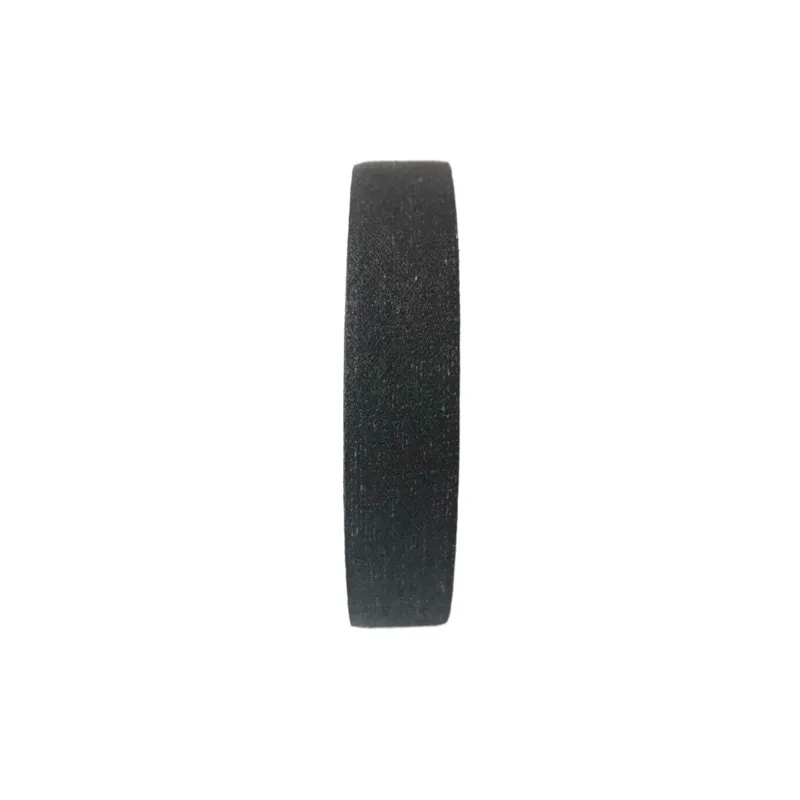Understanding HT Insulation Tape A Comprehensive Guide
In the world of electrical and thermal insulation, HT insulation tape is a remarkable material that is widely used across various industries. This specialized type of tape is designed to withstand high temperatures, making it an indispensable tool in many applications, from electrical wiring to HVAC systems.
What is HT Insulation Tape?
HT insulation tape, or high-temperature insulation tape, is crafted from materials that can endure extreme temperatures without losing their adhesive properties or structural integrity. Typically made from silicone, polyimide, or fiberglass, HT insulation tapes are resistant to not only heat but also chemicals and UV radiation. This makes them suitable for environments that are both demanding and hostile to conventional tapes.
Key Features of HT Insulation Tape
1. Temperature Resistance One of the most significant advantages of HT insulation tape is its high-temperature resistance. Depending on the type and brand, some HT tapes can function effectively in temperatures exceeding 500°F (260°C). This characteristic is particularly vital in industries like aerospace, automotive, and electronics.
2. Electrical Insulation HT insulation tape offers excellent electrical insulating properties, making it a preferred choice for wrapping wires, coils, and other electrical components. It helps prevent short circuits and electrical fires, ensuring safety in various applications.
3. Chemical Resistance Many types of HT insulation tape are designed to withstand exposure to various chemicals, including oils, solvents, and moisture. This durability makes them suitable for use in harsh industrial environments where exposure to such substances is common.
4. Flexibility and Conformability HT insulation tapes are usually flexible and capable of conforming to irregular surfaces. This feature allows for easy application over complex geometries and tight spaces, ensuring a secure fit regardless of the surface it’s applied to.
ht insulation tape

5. Adhesion High-temperature adhesives used in HT insulation tapes maintain their bonding strength even under extreme conditions. This ensures that the tape remains in place throughout its intended lifespan, providing reliable insulation and protection.
Applications of HT Insulation Tape
Given its robust set of properties, HT insulation tape finds applications in a multitude of areas
- Electrical Insulation Widely used in the electronics sector for insulating wires, coils, and transformers, these tapes prevent short circuits and improve the overall safety of electrical systems.
- Automotive Industries HT insulation tapes are utilized in vehicles for protecting wiring harnesses and electrical components from high heat generated by engines and exhaust systems.
- HVAC Systems In heating, ventilation, and air conditioning units, HT insulation tape helps secure insulation materials and provides protection against high temperatures and moisture, enhancing energy efficiency.
- Aerospace Applications The aerospace industry demands materials that can withstand extreme conditions. HT insulation tape is deployed in wiring systems and thermal insulation within aircraft, ensuring operational safety and reliability.
Conclusion
In summary, HT insulation tape is a versatile and essential tool in various industries, offering high-temperature resistance, electrical insulation, and chemical durability. Its unique features make it an ideal choice for applications where conventional tapes would fail. When selecting HT insulation tape, it’s crucial to consider the specific requirements of your project, including temperature, chemical exposure, and conformability needs. By choosing the appropriate tape for your application, you can ensure enhanced safety, performance, and longevity, whether in electronics, automotive, HVAC, or aerospace fields. As technology evolves, the importance of high-quality insulation materials like HT insulation tape will only continue to grow, helping us tackle the challenges of modern engineering and design.
-
Self Amalgamating Tape: Redefining Electrical Insulation and ProtectionNewsAug.07,2025
-
Seal Strip Solutions: Revolutionizing Energy Efficiency and Comfort in Modern BuildingsNewsAug.07,2025
-
High Voltage Electrical Tape: Powering Safety and Reliability in Modern InstallationsNewsAug.07,2025
-
Flex Tape Waterproof: Transforming the Future of Instant RepairsNewsAug.07,2025
-
Elevate Electrical Safety Standards with High-Performance PVC Electrical TapeNewsAug.07,2025
-
Butyl Rubber Tape: The Ultimate Solution for Reliable Sealing and WaterproofingNewsAug.07,2025
